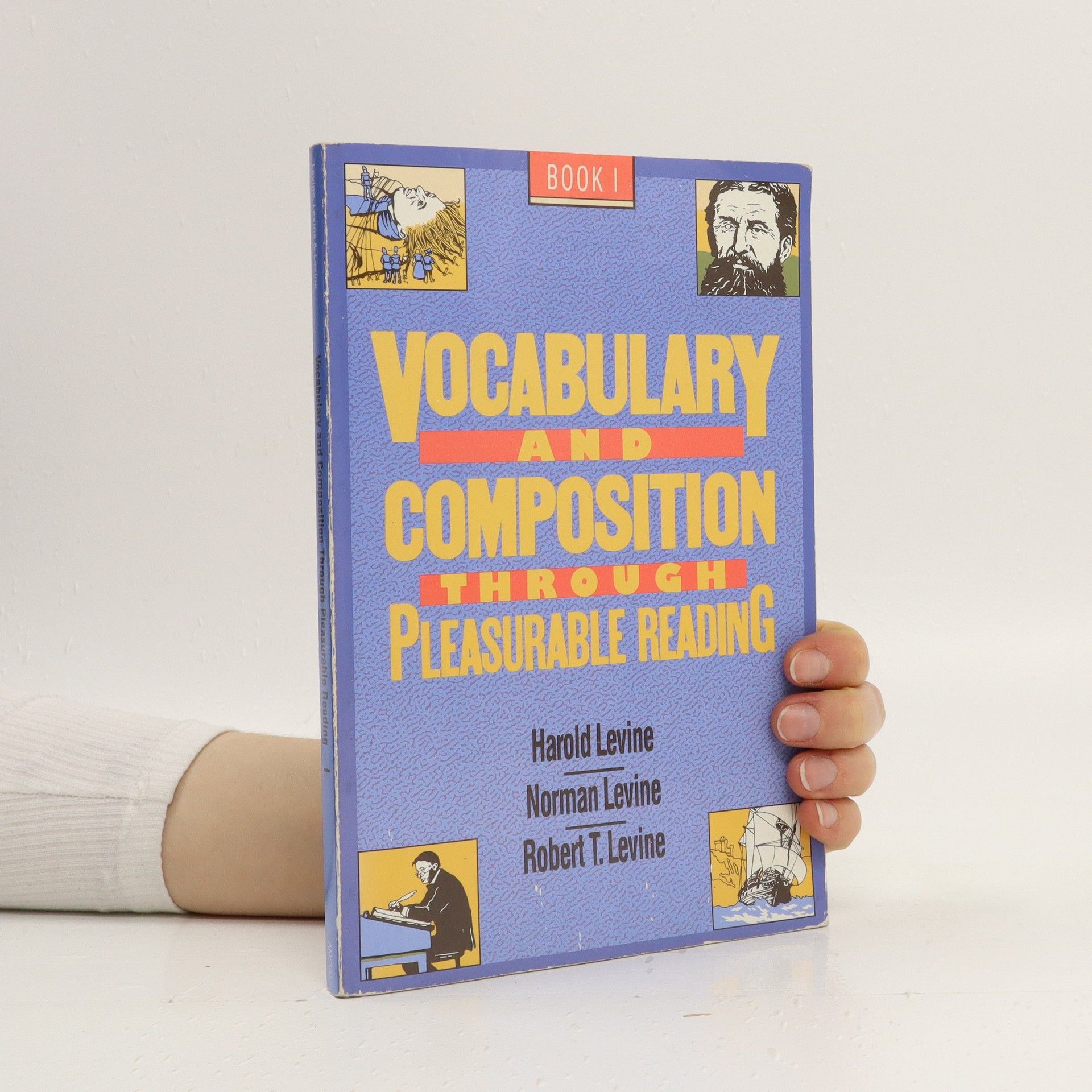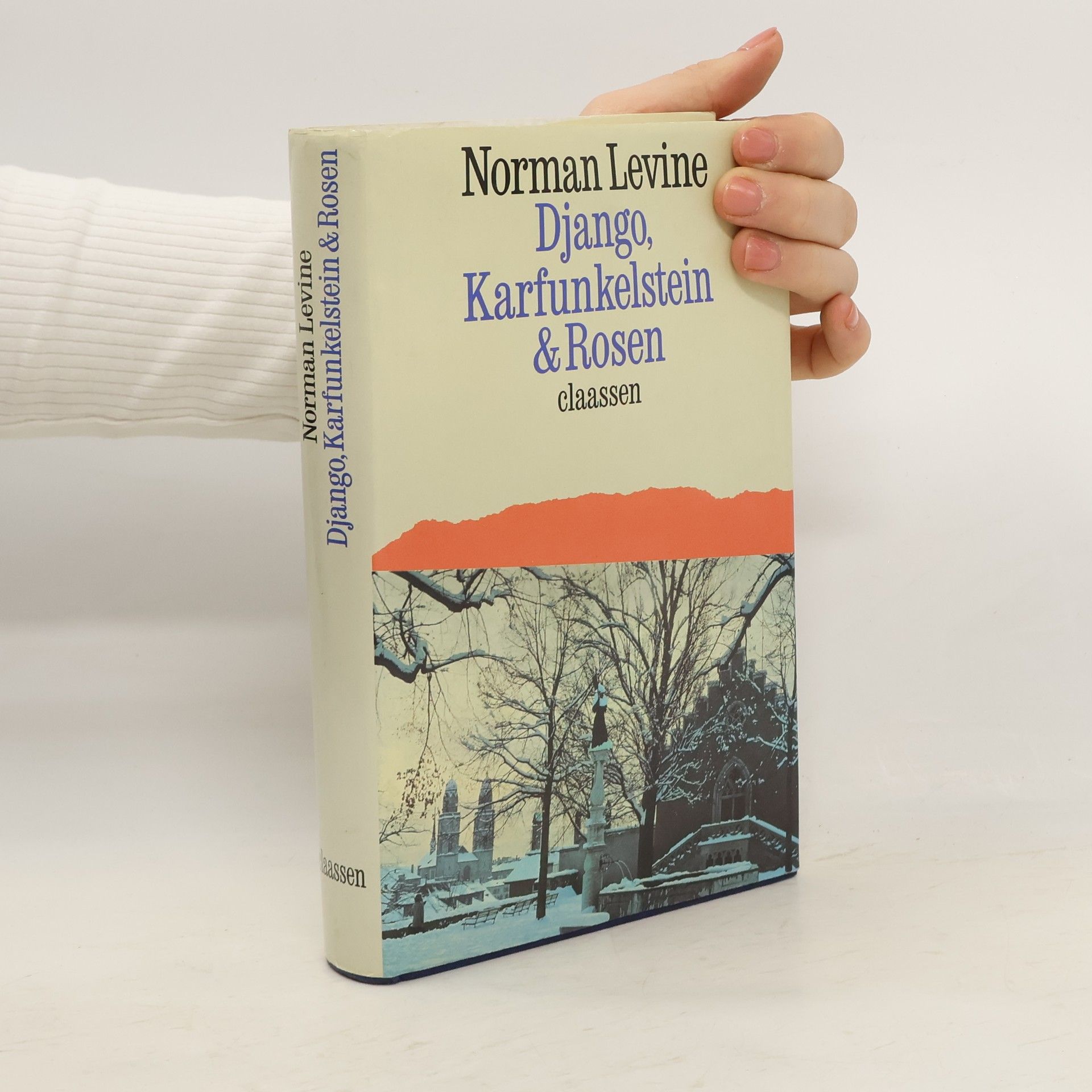Norman Levine, ein bedeutender kanadischer Erzähler, präsentiert in seiner fiktionalen Autobiografie das Leben von Joseph Grand, einem Reiseschriftsteller in Cornwall. Geplagt von Geldsorgen und sozialer Isolation, schildert Levine eindringlich die Herausforderungen des Künstlers und die Belastungen seiner Familie, ohne dabei in Sentimentalität zu verfallen.
Norman Levine Bücher
Norman Levine war ein kanadischer Schriftsteller, der vor allem für seine knappe Prosa bekannt ist. Seine Werke zeichnen sich durch einen prägnanten und eindringlichen Stil aus, der in wenigen Worten starke Emotionen und Gedanken hervorrufen kann. Als Romanautor, Dichter und insbesondere als Kurzgeschichtenschreiber hinterließ Levine mit seinem einzigartigen erzählerischen Ansatz unauslöschliche Spuren in der kanadischen Literatur.






Norman Levine (1923–2005) zählt zu den bedeutendsten kanadischen Autoren. Seine Erzählungen, die Themen wie Exil, Verlust und Hoffnung behandeln, erscheinen auf den ersten Blick einfach, offenbaren jedoch bei näherer Betrachtung tiefere Emotionen. „Das Mädchen von nebenan und andere Erzählungen“ präsentiert zwölf unveröffentlichte Kurzgeschichten, die Levines Talent eindrucksvoll zeigen.
Norman Levine, einer der großen Erzähler Kanadas hat in den vorliegenen Kurzgeschichten Erfahrungen eines Lebens am Rande der Gesellschaft in meisterhafter Form zu literarischer Allgemeingültigkeit verdichtet
Marx's Resurrection of Aristotle
- 368 Seiten
- 13 Lesestunden
Exploring the philosophical roots of Marx's vision, this book argues that his ideas on communism are deeply influenced by Aristotle's classical humanism. It critiques Engels' interpretation that framed Marx's vision as purely materialistic and economically egalitarian, which shaped Soviet Communism. Instead, it emphasizes Marx's alignment with Aristotelian "distributive justice," highlighting a notion of proportionate equality. The analysis spans Marx's early academic works, including his doctoral dissertation, providing a comprehensive view of his philosophical evolution.
To develop vocabulary growth, reading comprehension and enjoyment, and composition competence, using noteworthy literary selections as the basis of instruction.